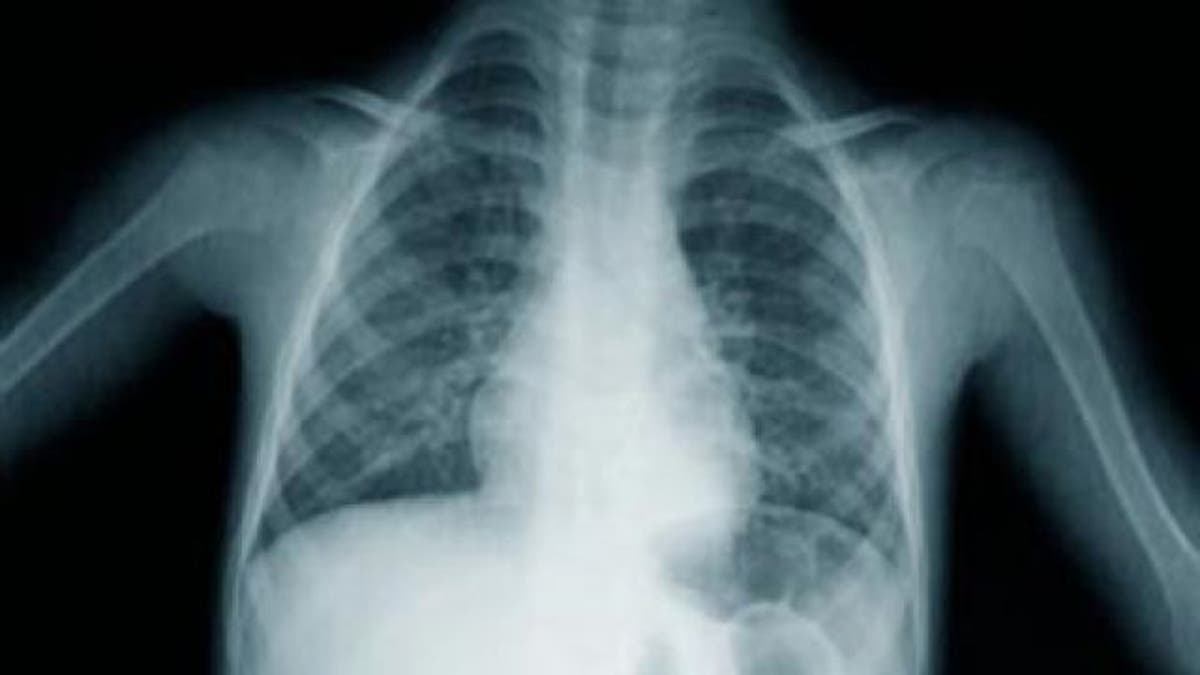
A mid-stage trial of Roche Holding AG's experimental immunotherapy showed that it doubled the likelihood of survival for lung cancer patients with the highest levels of a specific biomarker.
The drug, known by the code name MPDL3280A, is part of a new class designed to help the body's immune system fend off cancer by blocking a protein known as Programmed Death receptor (PD-1), or a related target known as PD-L1, used by tumors to evade the body's defenses.
Unlike some of its competitors, Roche is using its own assay to measure patient levels of PD-L1 in order to identify people most likely to benefit from the treatment.
Interim results from the trial of 287 patients with previously treated non-small cell lung cancer showed that the immunotherapy reduced the risk of death by 53 percent in those with the highest levels of the biomarker, compared with those treated by chemotherapy.
Improved survival was also seen in patients who had lower levels of PD-L1, although the difference was not as dramatic.
"The greater the expression of PD-L1, the greater the benefit," said Sandra Horning, chief medical officer at Roche's Genentech unit. "That's what exciting to us - seeing this biology that we've been studying really intently playing out in the clinic."
The update was provided in a scientific summary, or abstract, released on Wednesday ahead of the annual meeting of the American Society of Clinical Oncology (ASCO) later this month.
The immunotherapy, an antibody, was described as generally well tolerated. More patients on the drug experienced respiratory events, but chemotherapy was associated with a higher overall rate of adverse side effects.
MPDL3280A, which is being studied for treatment of a range of different cancer types, has been granted "breakthrough therapy" status by the U.S. Food and Drug Administration.
